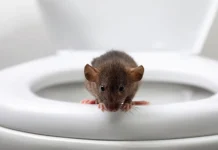Vinegar is often hailed as a versatile and eco-friendly cleaning agent, celebrated for its ability to tackle various household tasks. However, while it’s effective in many situations, there are certain surfaces and items that should never come into contact with vinegar. Understanding these limitations can help you avoid inadvertently causing damage to your belongings. In this guide, we’ll explore fifteen items and surfaces that should be kept far away from vinegar during your cleaning endeavors.
1. Knives:

While vinegar is great for many cleaning tasks, it’s not suitable for cleaning knives. The acid can corrode the metal and dull the edges. Stick to washing knives with soap and water, ensuring they’re thoroughly dried afterward.
2. Marble:
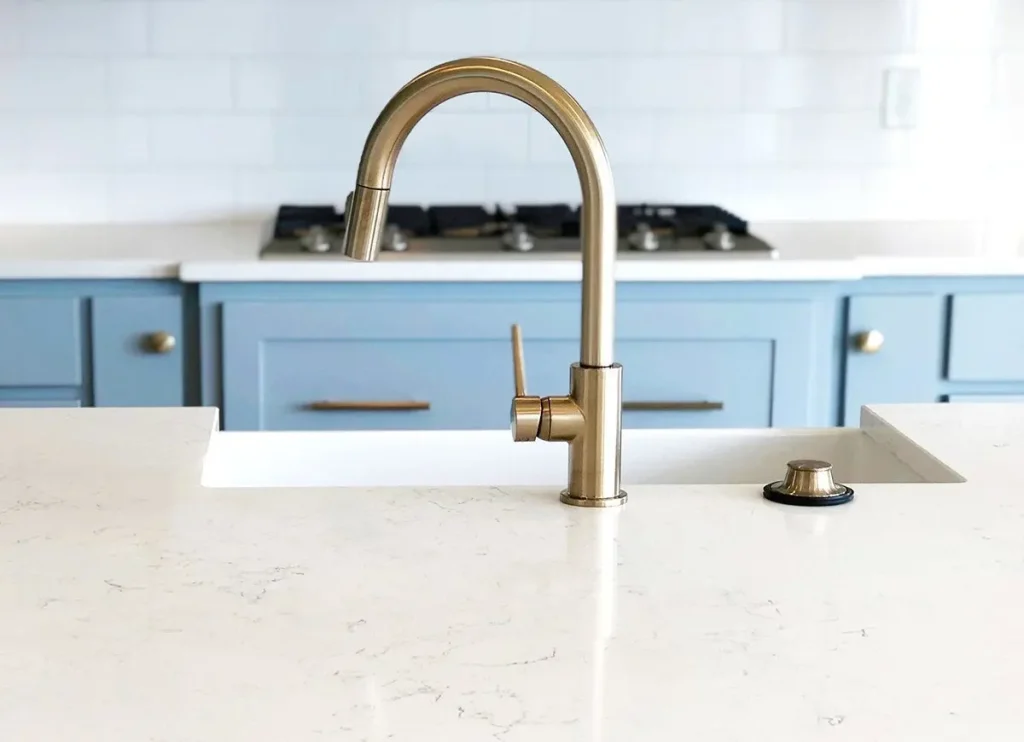
Using vinegar on marble surfaces can lead to defects and a lackluster appearance over time. Stick to mild soap and water for cleaning marble countertops to maintain their pristine condition.
3. Granite:
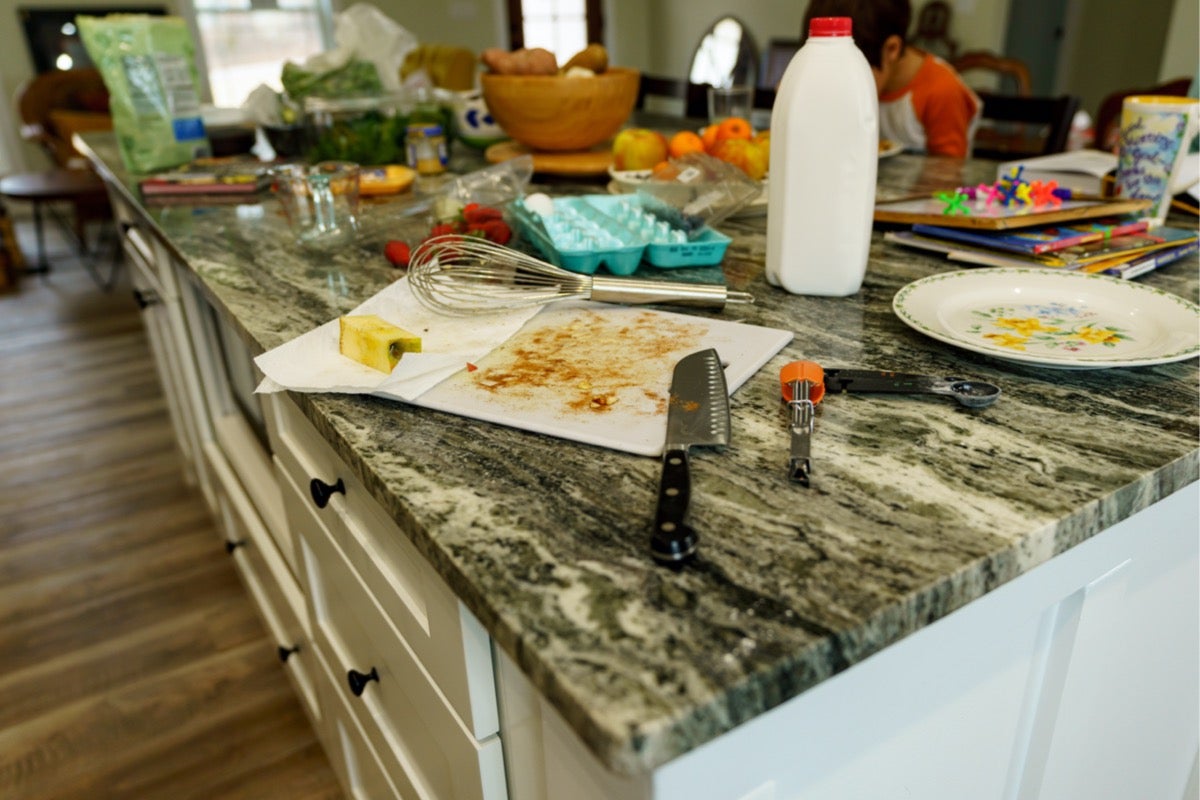
Similar to marble, vinegar can dull granite countertops and cause them to lose their shine. Avoid using vinegar on granite and opt for gentle cleaning solutions instead.
4. Ceramic Tiles:
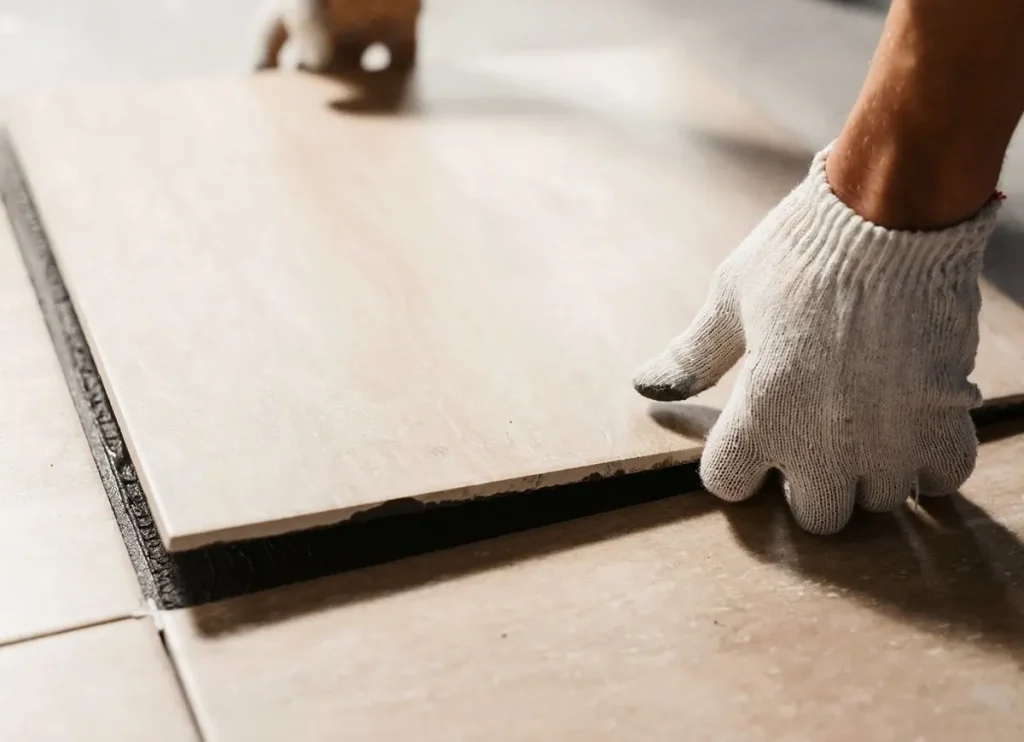
Vinegar can damage grout and dissolve finishes on ceramic tiles. Opt for hot water and mild dish soap for cleaning ceramic surfaces, following manufacturer guidelines.
5. Eggy spills:
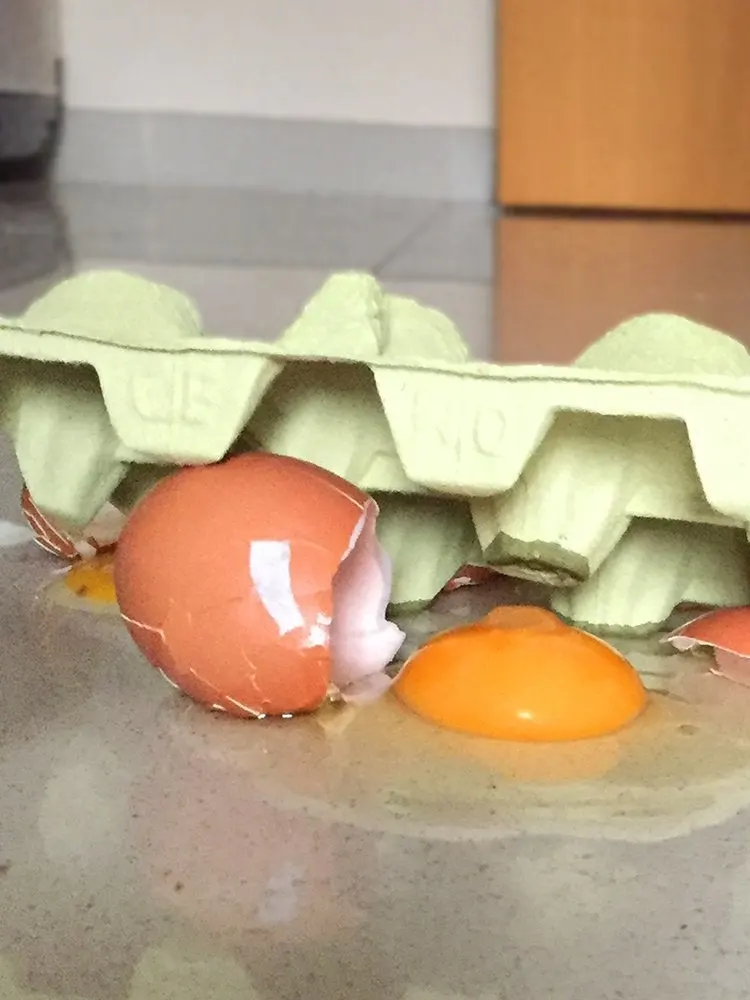
When dealing with egg spills, avoid using vinegar as it can cause the spill to thicken and harden. Instead, use salt to help pick up the mess.
6. Wood furniture:
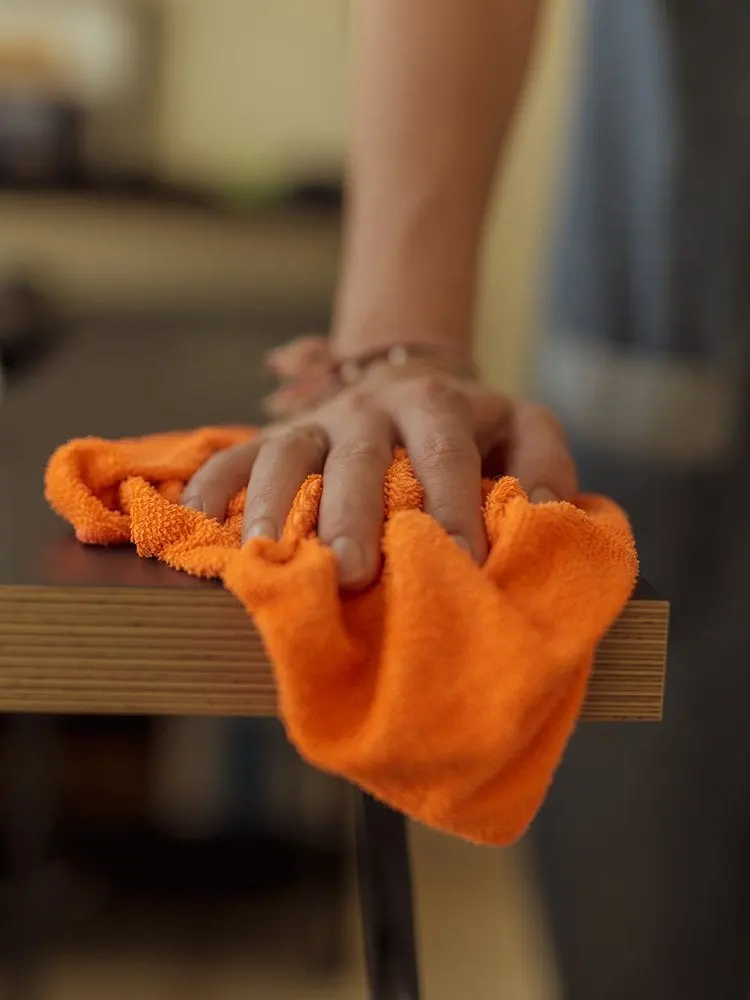
Undiluted vinegar can leave streaks and damage wood finishes. Use a mixture of oil and vinegar for polishing finished wood furniture.
7. Dishwasher:
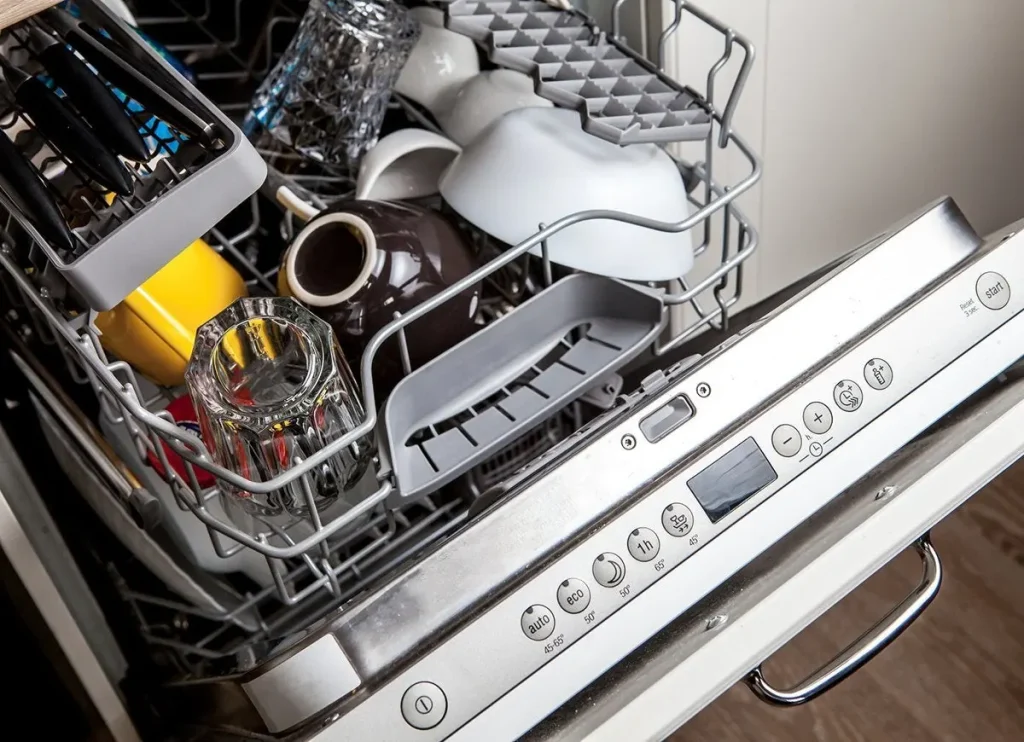
While vinegar is often suggested as a rinse aid, it’s not a suitable alternative to dishwasher cleaners. Stick to products specifically designed for this purpose to avoid damage to rubber gaskets and hoses.
8. Phone and computer screens:
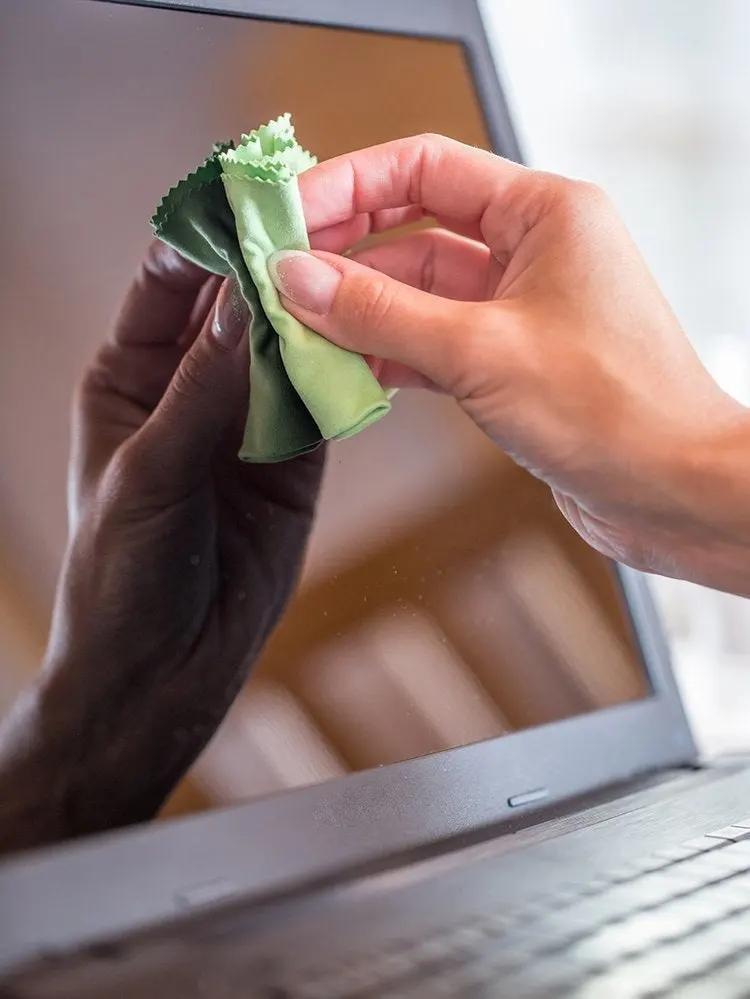
Vinegar can strip off protective coatings from screens. Use gentle microfiber cloths for cleaning electronic devices, and follow manufacturer instructions for screen maintenance.
9. Rubber:

Avoid using vinegar on rubber parts, as it can cause deterioration over time. Stick to soap and water or a solution of soap and baking soda for cleaning rubber components.
10. Washing machine:

Vinegar can harm rubber parts inside washing machines, leading to leaks. While it can be used occasionally for softening fabrics, avoid using it too frequently to prevent damage to the appliance.
11. Clothes iron:
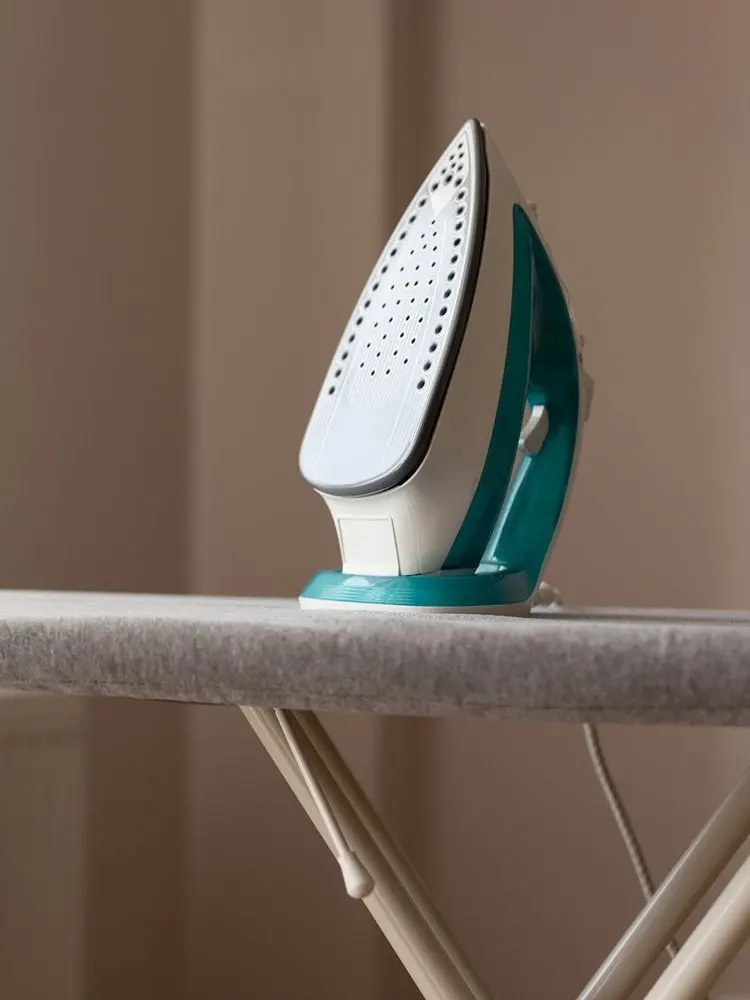
Using vinegar to clean a clothes iron can cause irreparable damage. Refer to the instruction manual for your iron for appropriate cleaning methods.
12. Waxed hardwood flooring:
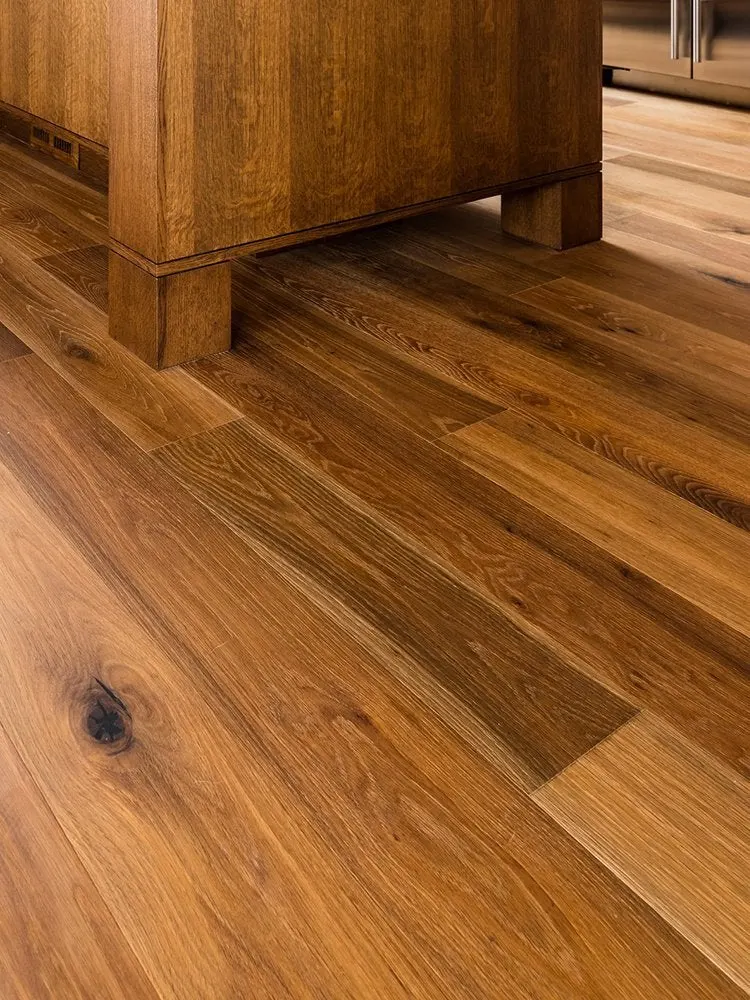
Vinegar can damage wax finishes on hardwood floors. Choose cleaning products specifically formulated for waxed wood surfaces.
13. Stone floors:
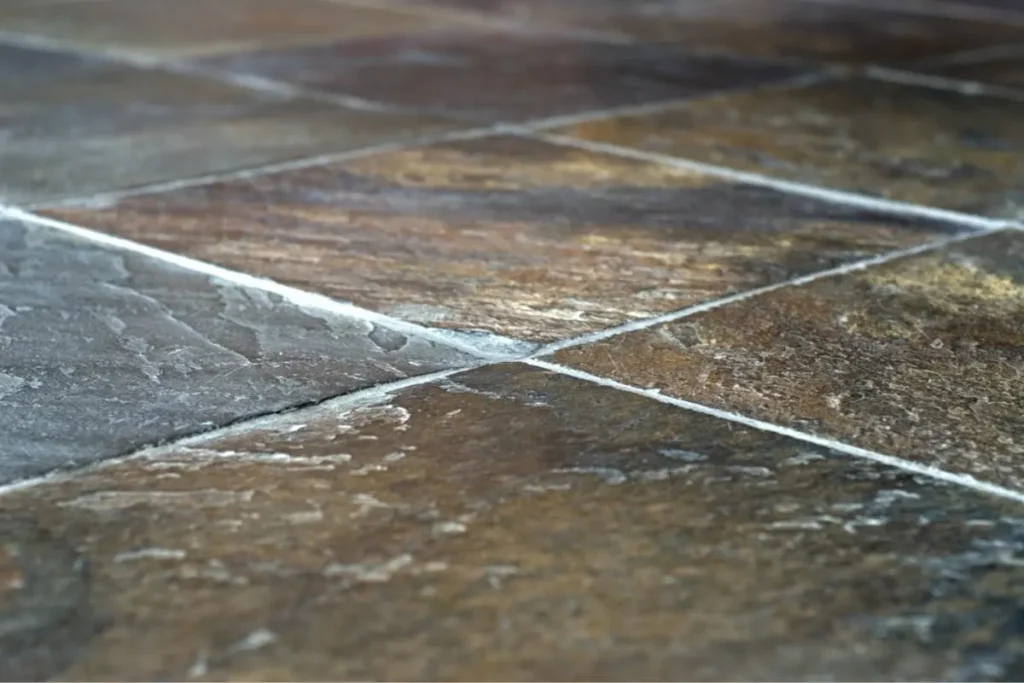
Avoid using vinegar on natural stone floors, as it can damage and discolor the surface. Use gentle cleaning solutions designed for natural stone instead.
14. Unsealed or damaged grout:

While vinegar is effective at cleaning mold and mildew, it can damage unsealed or damaged grout. Opt for less acidic alternatives for grout cleaning.
15. Mirrors:

Avoid using vinegar on mirrors, as it can corrode the metal beneath the glass. Use gentle cleaning solutions and avoid excessive moisture on the mirror surface.
Conclusion:
While vinegar is a powerful and eco-friendly cleaning agent, it’s important to use it wisely and avoid certain surfaces and items where it can cause damage. By understanding these limitations and opting for appropriate cleaning methods, you can keep your home clean and well-maintained without risking harm to your belongings.
image source : bob vila




